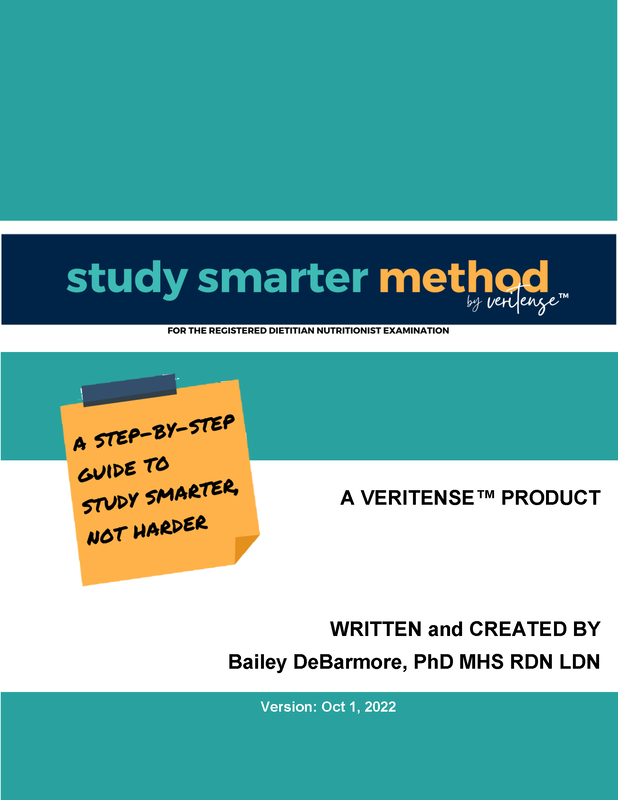|
According to a 2008 study in the Journal of the American College of Surgeons, the average American will have 5.97 operations, assuming they live to at least 85 years of age. However, you may not know the important role that nutrition plays in pre- and post-operative care to enhance recovery and wellness. After reading this post, hopefully you'll have 1 or 2 new facts to share about the importance of nutrition after surgery at your next get together. DISCLAIMER: The information provided in this post are for informational purposes only. No material on this site is intended to be a substitute for professional medical or nutrition advice, diagnosis or treatment. Always seek the advice of your physician or other qualified health care provider with any questions you may have regarding a medical condition or treatment and before undertaking a new health care regimen, and never disregard professional medical advice or delay in seeking it because of something you have read on this website. For individualized nutrition care, seek the advice of a Registered Dietitian. Good nutrition after your surgery can help support your body's recovery. In addition to the type and size of surgical incision, your overall health status and nutrition status can influence healing after surgery. Making sure that you are eating enough is important to support your cells in healing. Unfortunately, after surgery, you may not be able to tolerate the same foods you did before and your appetite may be lower.
Healing your body from surgery is one aspect of recovery. Regaining your energy level is another! Following your physician's instructions on movement is important to make sure that you don't do too much too fast, but that you are also up and moving about (even if it's just a short walk to the kitchen) to help with recovery. Good nutrition after surgery can help support your energy level, letting you do more and feel better. If you are immunocompromised prior to surgery, it may take longer for you to recover afterwards. Researchers in 2014 found that even among non-immunocompromised patients, those with certain immune system activity after surgery took longer to recover. Talk with the health professionals on your team, like your physician and your registered dietitian, to set up your post-surgery recovery plan. Have you ever had surgery before? What did you find challenging while recovering? Post in the comments!
0 Comments
Your comment will be posted after it is approved.
Leave a Reply. |
a blog about health, wellness, nutrition, and fitness from an epidemiologist / dietitian with personal trainer experience
Stay up to date on productivity tips and active learning techniques
Like what you read?
categories
All
|



_250px.png)



 RSS Feed
RSS Feed
